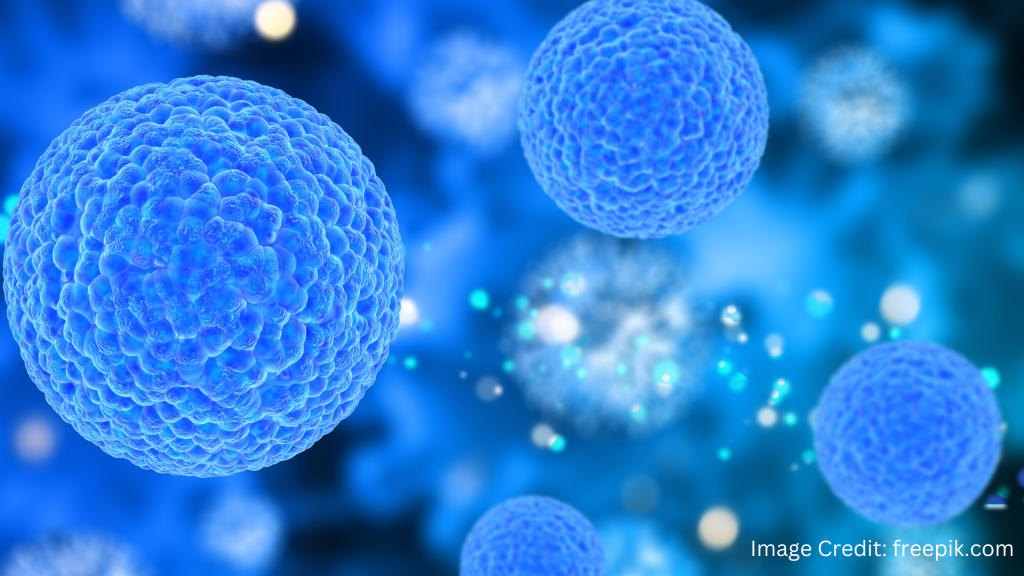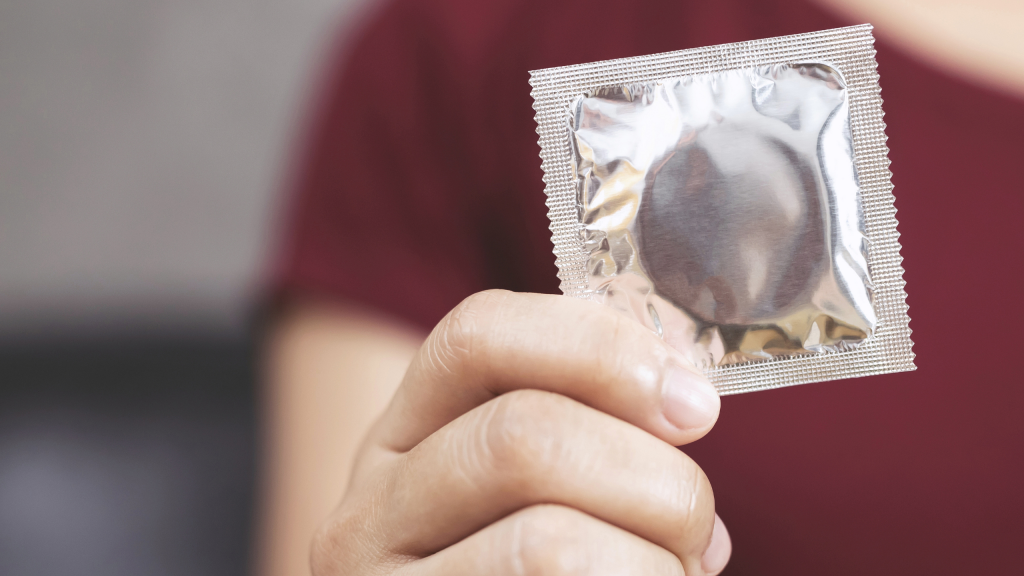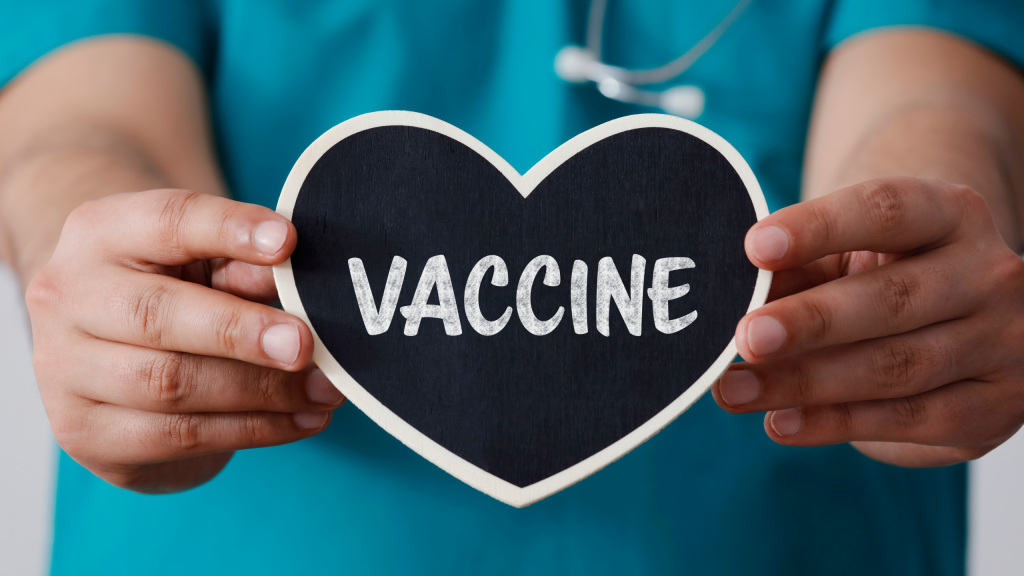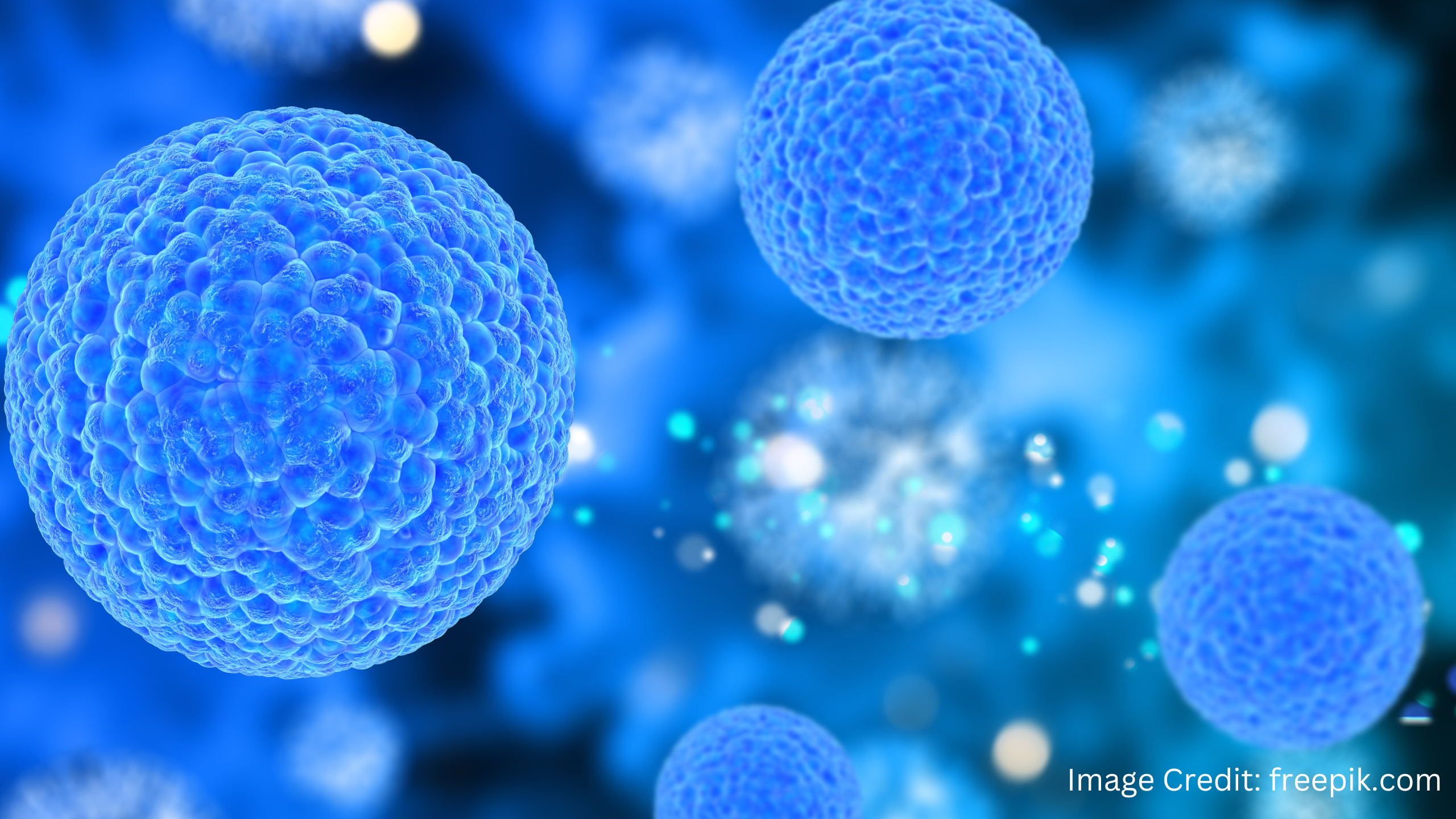HPV (Human Papillomavirus) is a common STI (Sexually Transmitted Infection). There are over 100 different types of HPV, and while most types do not cause any health problems, some types can cause serious health problems including cancer.

In this blog, we will have a look at HPV infection in men, including how it is transmitted, the symptoms, how it is diagnosed, and how it is treated.
What You Need To Know About HPV Infection In Men
What is HPV?
HPV is a virus that lives on your skin and is transmitted through sexual contact. HPV is usually harmless and goes away by itself. But some types of HPV can cause health issues like genital warts or even cancer.
The Minnesota Department of Health states that approximately 90% of all sexually active men will be infected with HPV at some point in their lifetimes.
How is HPV transmitted?
HPV is primarily transmitted through sexual contact, including vaginal, anal, and oral sex. It can also be transmitted from one person to the other through close skin-to-skin contact during sex. It is important to practice safe sex, including using condoms, to reduce the risk of contracting HPV infection as well as to reduce the risk of transmitting it to their partners.

HPV is the leading cause of Cervical Cancer in women and over 75,000 women die from the aforementioned disease annually in India (Source: The Hindu). This makes it all the more important for men to take adequate measures to prevent the spread of HPV.
What are the symptoms of HPV in men?
Many people with HPV do not have any symptoms, which is why it is important to get tested if you have had sexual contact with an infected partner. In men, symptoms of HPV infection can include painless bumps or warts on the genitals, anus, or throat. Genital warts are cauliflower-type lumps on your skin that are usually rough.
How is HPV diagnosed in men?

There are several tests available to diagnose HPV in men. The most common test is a visual exam, in which a healthcare provider looks for warts on the genitals. Other tests include a swab of the affected area or a urine sample. Get tested for HPV
How is HPV treated in men?
HPV infection can be treated with medication or surgery. For genital warts, treatment may include creams, freezing, or laser therapy. In some cases, surgery may be necessary to remove warts. In cases of HPV-related cancer, treatment may include chemotherapy, radiation therapy, or surgery.
What can men do to reduce their risk of HPV infection?
It is important to get vaccinated against HPV to reduce your risk of infection. The HPV vaccine is recommended for all boys and girls starting at age 11 or 12 and is also recommended for men up to age 45 who have not yet been vaccinated.

It is also important to practice safe sex, including using condoms, to reduce the risk of HPV infection.
Disclaimer: This website may contain general information relating to various medical conditions and their treatment. Such information is provided for informational purposes only and is not meant to be a substitute for the advice provided by a doctor or other qualified healthcare professionals. Readers should not use the information contained herein for diagnosing a health or fitness problem or disease. Readers should always consult with a doctor or other healthcare professional for medical advice or information about diagnosis and treatment.


Leave a Reply